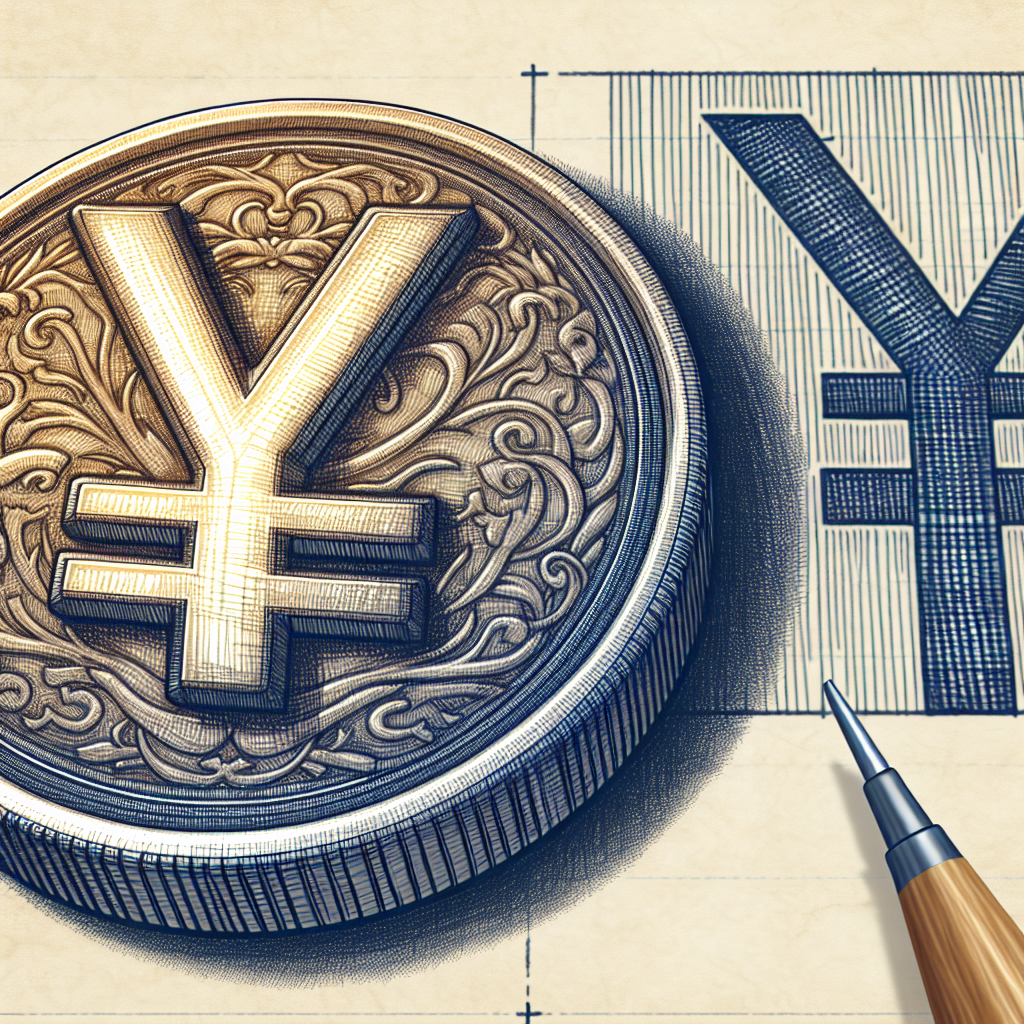Turbulent Times for the Yen: Elections and U.S. Trade Tensions
The Japanese yen faces pressure as concerns grow over Japan's upcoming elections and ongoing trade negotiations with the U.S. The currency hit a one-year low against the euro amid fears Prime Minister Ishiba's coalition might lose its majority. A lack of a trade deal exacerbates the yen's struggles.

The yen experienced a significant drop on Thursday amidst mounting fears regarding Japan's key election and a stagnating trade agreement with the U.S. that threatens to raise tariffs. Japan's currency plummeted to a one-year low against the euro as polls suggested Prime Minister Shigeru Ishiba's coalition risked losing its upper house majority.
Japan's main trade negotiator discussed tariffs with U.S. Commerce Secretary Howard Lutnick via phone, as Japan's exports continued to decline for the second month. "The intersection of elections, tariffs, and Japan-U.S. relations presents valid reasons to sell the yen," commented Bart Wakabayashi from State Street.
As August 1 looms, many of Japan's trade partners anticipate increased tariffs. Overseas shipments saw a 0.5% decline in June year-on-year. Prime Minister Ishiba is set to meet U.S. Treasury Secretary Scott Bessent, coinciding with domestic pressures from Sunday's election, signaling potential government fiscal changes.
(With inputs from agencies.)
- READ MORE ON:
- yen
- Japan
- election
- tariffs
- trade deal
- U.S.
- Prime Minister Shigeru Ishiba
- economy
- currency
- coalition
ALSO READ
Mexico Edges Out U.S. to Secure 10th Gold Cup
Key Global Financial Moves: Calls for Mineral Price Support, UK Family Aid, and U.S. Tariff Threats
Trade Tensions Loom: Asia Markets React to U.S. Tariff Uncertainty
South Korea and U.S. Trade Talks: Navigating Tariffs and Digital Sectors
Markets Tumble as U.S. Trade Policies Stir Investor Concerns










